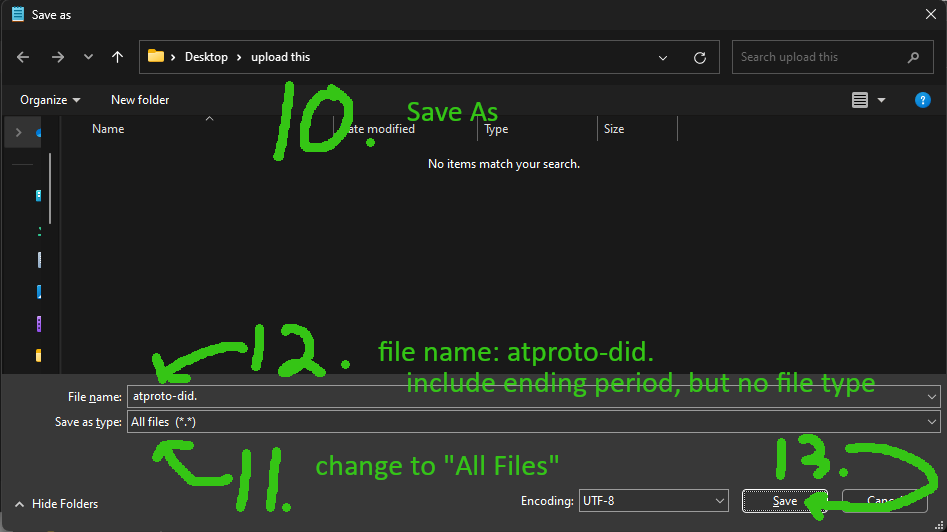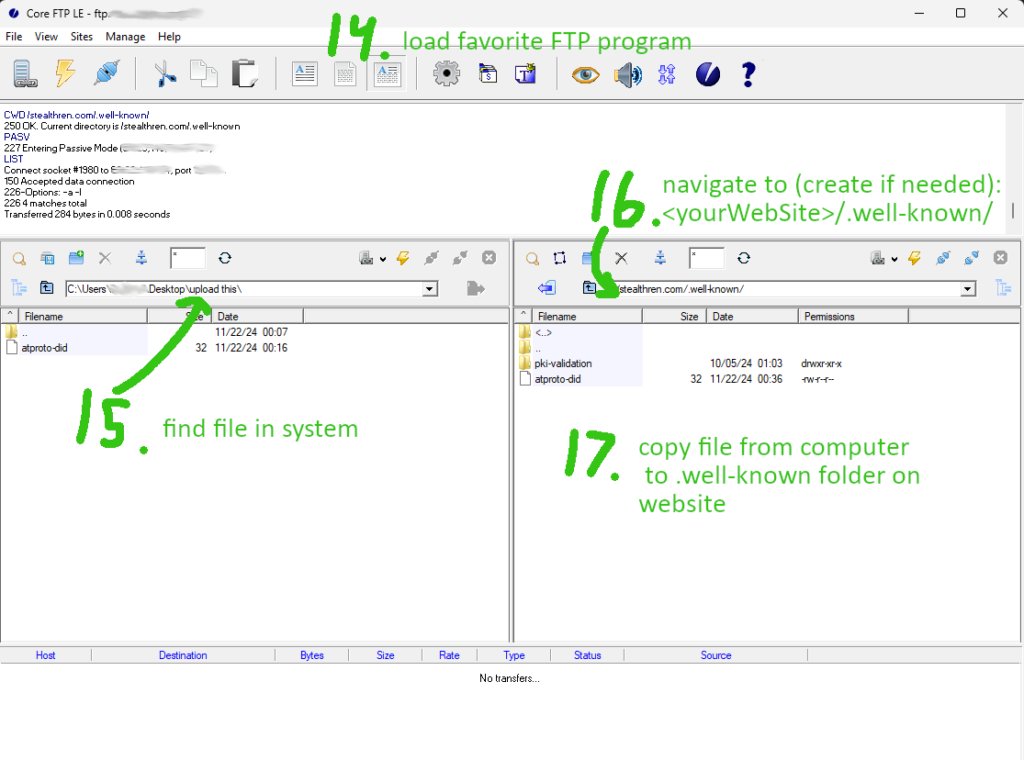I don’t usually review fiction books, but this one has enough philosophical discussion that I think it’s worthwhile. So I finally did it. I listened to the entire Atlas Shrugged. 63 hours and even on 1.25 speed, it’s a beast to get through. I’ll give it credit for being mostly interesting and more importantly, making you think (unless you just blindly accept everything the author says).
However, it is also heavily flawed. In structure, there is no way this book had to be 63 hours long. It was very repetitive and some of the plots points could have been totally edited out and we would have the same basic story with the same message.
The book also liked its monologues. Some character would spout philosophy for a huge chunk of time including one towards the end literally for hours. Subtlety was not the author’s strong point as her philosophy is rammed down our throats over and over again by various characters.
It also totally lacked nuance. The good characters are good at everything. Literally everything. If you’re a hero, you’re a titan of business, you’re better looking, a better lover, you’re stronger, you’re smarter, you’re a better shooter and fist fighter. Those highly trained guards or bands of thugs? Nah, the businessman can out shoot them and out fight them. He’s magical.
Likewise, the bad guys are bad at everything. Secretly, they want to see everything die. If you espouse beliefs in the “greater good”, then secretly you want everything to burn. Does the author really believe that people don’t do things altruistically? Can she not accept that some people have actual empathy and it’s not all fake? It seems quite weird. I would think even someone who possesses no empathy, a sociopath, can recognize that other people do truly have empathy and we’re not all faking it.
The bad guys are set up like strawmen so that the author can knock them down. One somewhat early example is where a socialist government nationalized a copper mine and is angry at the prior owner because the mine is worthless. They needed that mine to sustain their way of life and they’re angry that capitalists aren’t cooperating with them. What socialist would actually complain that they can’t succeed because the capitalists won’t cooperate?
The funny thing is that I’ve seen this exact argument during an internet debate on a forum. An avowed socialist blamed Venezuela’s struggles on the lack of cooperation by capitalist countries. I thought it was a crazy belief then and it’s funny to come across it in an old book now. If I hadn’t known that socialist online, I would think the author was purely setting up strawmen. Knocking down strawmen can be entertaining, but not very instructive for real philosophical debates. However, the author may have come across real people like that in her day, but it’s still wild to me that someone could be one of her strawmen for real.
I’ll get a little bit into politics right here and say that I’m mostly a capitalist, but far from the extreme of Ayn Rand. I think capitalism is a race to the top. Unfortunately, it leaves a lot of people behind in the process. I do think that socialism is more “fair”, but only in that it brings everyone down (except the politicians who run the system). Real world socialism creates an economic blight, just on a much slower scale than in the book.
The real key to a flourishing economy is to have it based on capitalism, but to sprinkle in a little bit of socialism to make sure there’s a soft landing for those who get left behind. Things like universal healthcare and food assistance programs are great to make sure that we don’t have people dying in the streets.
I’d also say that Capitalism often rewards a lot of the wrong people, even by Ayn Rand’s standards. I think there’s a lot more James Taggarts than Hank Reardens at the top of businesses. Most of the truly wealthy in the world are mediocre people living off some ancestor’s hard work. Most large businesses in the real world have a huge amount of momentum behind them and can continue on for decades or more even with poor leadership. Very few CEOs are the genius inventors themselves. Even in cases that look slightly more like Ayn Rand’s heroes… like a Steve Jobs or Elon Musk, they still almost all rely on teams of highly skilled, highly intelligent people. Elon can’t build a car and Steve couldn’t put together a circuit board.
These are points where I think Ayn Rand fails. She doesn’t understand business. She doesn’t understand how generational wealth sets some people up for life as giants of business while possessing minimal skills and other people who could be absolute geniuses are using that genius to simply survive in bad circumstances. Her mythical man, John Galt, would likely end up as a successful engineer working under a whole corporate structure somewhere in the real world, not the potential savior of the world.
At one point she even criticized Robin Hood, the mythical character. The criticism was so asinine that I wonder what version of Robin Hood she read and how she could misunderstand it so badly.
Still, despite all the criticisms, the book should make you think. I think it makes some really good points about the value that people bring and her basic philosophy, which she espouses in way too many words in the book, is interesting:
“the concept of man as a heroic being, with his own happiness as the moral purpose of his life, with productive achievement as his noblest activity, and reason as his only absolute.”
I think it’s an interesting philosophy that I can mostly buy and makes me re-think my assumptions. Since reading the book, I even realized that I don’t like the Spider-Man philosophy: “with great power comes great responsibility.” (actually a much older concept)
No. Just because someone has power does not mean they have a responsibility to use it. A super hero is good because he does good things. A super villain is bad because he does bad things. If a supe has a responsibility to use his powers, then his good actions are merely neutral. Someone with powers using it for good would be a super-neutral, merely doing what they’re supposed to. We instinctually know that philosophy is wrong and that’s why we call them heroes. He’s good because he does good. We give credit as a hero because we know that doing good is good, not merely a responsibility.
It’s nice to actually question some of the basic assumptions that most people live by and this book definitely pointed me in one direction to ask those questions and challenge assumptions. When I look around at the world today, I see a lot of Ayn’s predictions coming true, just at a much slower scale. So I found the book to be interesting and it truly has made me look at the world differently.









